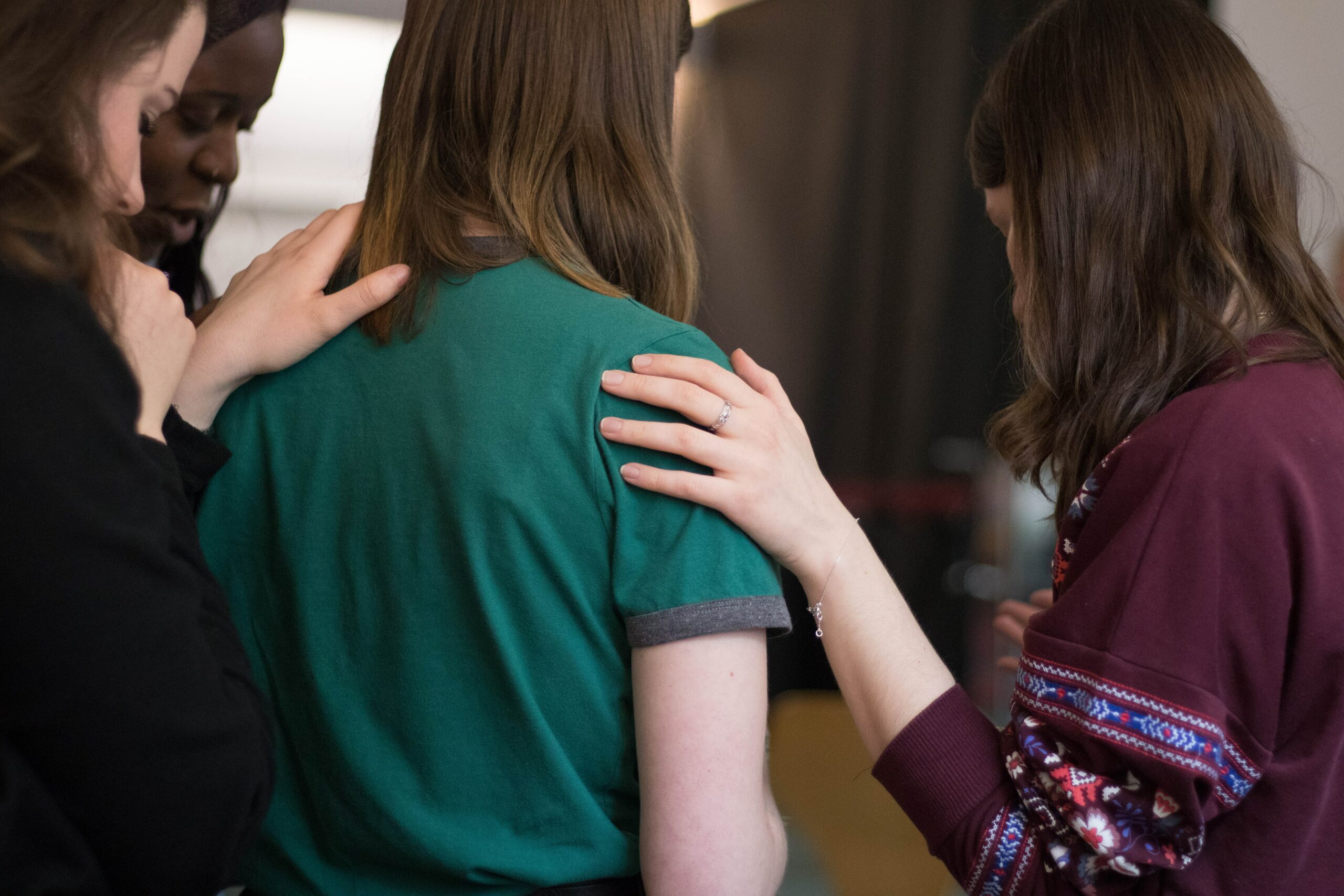There is a good reason for celebrating Hug an Addict or Alcoholic Day each year – social bonding practices like hugging trigger the release of oxytocin, informally known as the love hormone.
Read on to learn more about why you should hug an alcoholic or drug addict in your life, and not only on Hug an Addict or Alcoholic Day.
Need help getting addiction treatment?
What Is Hug an Addict Day?
Observed annually on February 7 in the United States since 2020, Hug an Addict or Alcoholic Day is a day dedicated to breaking down the stigma surrounding addiction and rehabilitation. It is a day when strangers and those struggling with addiction come together in solidarity to celebrate the possibility of recovery and healing.
It is concerning that those battling substance use disorders – the clinical term for addictions – so often face stigma and isolation, as support and acceptance play key roles in the recovery journey. With the right resources and a compassionate approach, though, those suffering from alcohol and drug addiction can achieve lasting sobriety.
How to Celebrate Hug an Addict Day
Celebrating Hug an Addict Day can be a meaningful way to show support and compassion for those struggling with addiction. Here are some ways to participate:
- Offer a hug: The simplest and most direct way to observe Hug An Alcoholic or Addict day is to offer a hug to someone in recovery. Remember to always ask for consent before giving a hug!
- Spread awareness: Use social media or other platforms to share information about addiction and recovery. This can help reduce stigma and increase understanding.
- Attend or organize supportive events: Participate in local events aimed at supporting those with addictions. This could include support group meetings, community gatherings, or educational seminars.
- Donate to rehab centers: Consider making a donation to local treatment centers or organizations that support addiction recovery. Your contribution can help in providing resources and services for those in need.
- Educate yourself and others: Take time to educate yourself about the challenges of addiction. Share your learning with friends and family to play your part in building a more informed and empathetic community.
- Volunteer: Offer your time to organizations that work with those fighting addictions. This can include anything from administrative support to participating in community outreach programs.
- Share personal stories: If you’re comfortable, share your own experiences with addiction or recovery. Telling personal stories can be a powerful way of humanizing the issue and inspiring others.
- Reach out to someone in recovery: Sometimes, a simple phone call or message can mean a lot. Reach out to someone you know who is in recovery to let them know you care.
- Encourage inclusive behavior: Advocate for inclusive and supportive behavior in your community. Challenge stereotypes and stigmatizing language when you encounter them.
Celebrating Hug an Addict Day is about showing empathy, support, and understanding to those facing the challenges of addiction. It acts as a reminder that a small gesture of kindness can have a significant impact on someone’s recovery journey.

How Friends and Family Support Can Help an Addict
Here’s how the support of friends and family in recovery can make a significant difference:
- Emotional support: Offering a listening ear, understanding, and empathy can provide the emotional anchorage needed by someone addressing addiction. Feeling heard and valued can boost their self-esteem and motivation for recovery.
- Accountability and encouragement: Friends and family can help maintain accountability for the person’s actions and progress, encouraging them to stick to their recovery goals and celebrate milestones, no matter how small.
- Practical assistance: Support can be in the form of practical help like assisting with daily tasks, accompanying them to appointments, or finding suitable treatment options.
- Reducing isolation: Addiction can be isolating. The presence and involvement of loved ones can combat feelings of loneliness and alienation, which are often triggers for substance abuse.
- Offering a stable environment: A stable, substance-free environment is central to effectice and meaningful recovery. Friends and family can help create and maintain such an environment, reducing the risk of relapse.
- Educational support: Understanding addiction as a chronic brain disorder helps in dispelling misconceptions. Educated family members and friends are better equipped to provide appropriate support and avoid enabling behaviors.
- Advocacy: Friends and family can advocate for the needs of their loved one, whether in seeking professional help, negotiating with employers, or navigating health care systems.
- Long-term support: Recovery is a long-term journey that may not always be linear. Ongoing support from friends and family provides the continuity and consistency needed to sustain recovery efforts over time.
- Self-care for supporters: Friends and family must also take care of their own mental and emotional health. This ensures that the support they offer is healthy and sustainable.
In essence, the support of friends and family can be a cornerstone in the successful recovery from addiction, providing love, stability, and a network of care and understanding. Here’s how you can help someone engage with evidence-based care in California.

Get Treatment for Drug & Alcohol Addiction at Renaissance Recovery
If you or someone that you care about needs drug or alcohol addiction treatment in Southern California, shortcut your search by reaching out to Renaissance Recovery.
For help detoxing from drugs or alcohol, inquire about supervised medical detoxification. We can connect you with suitable facilities throughout the state of California, enabling you to start your recovery journey properly and address the issue of physical dependence.
Our outpatient treatment programs allow you to meet your everyday commitments while engaging with a personalized combination of the following treatment at our rehab in Huntington Beach, CA:
- Talk therapies (CBT and DBT)
- Holistic treatments
- Medication-assisted treatment
- Group therapy
- Individual counseling
- Family therapy
- Aftercare planning
Start moving beyond drug or alcohol addiction by calling 866.330.9449.



